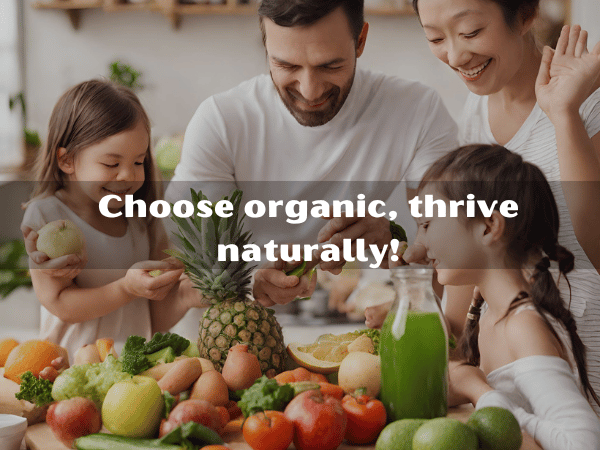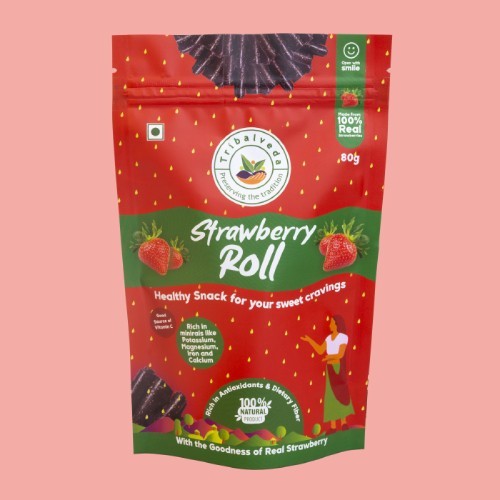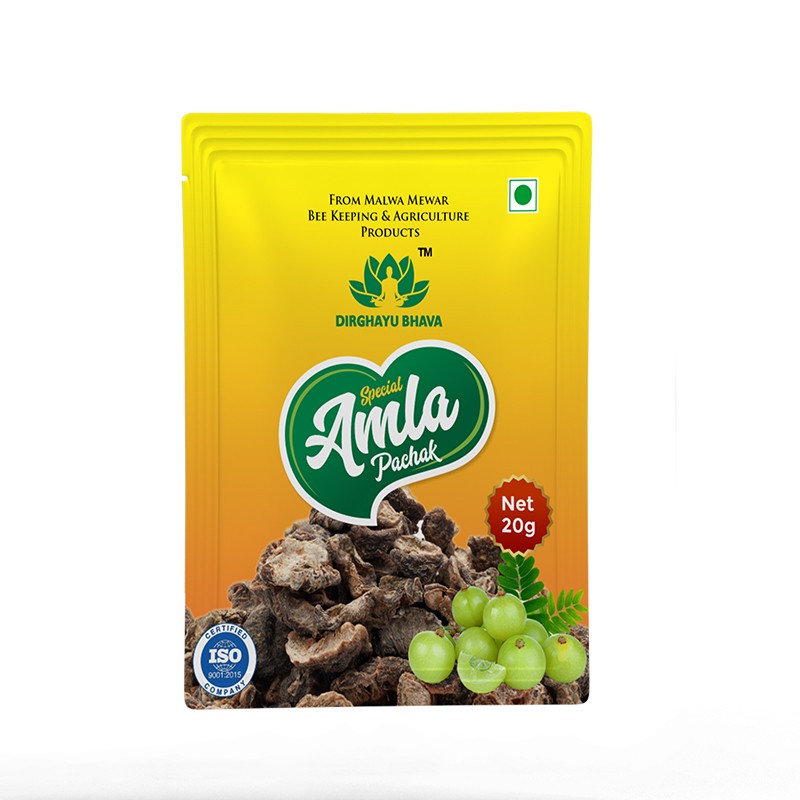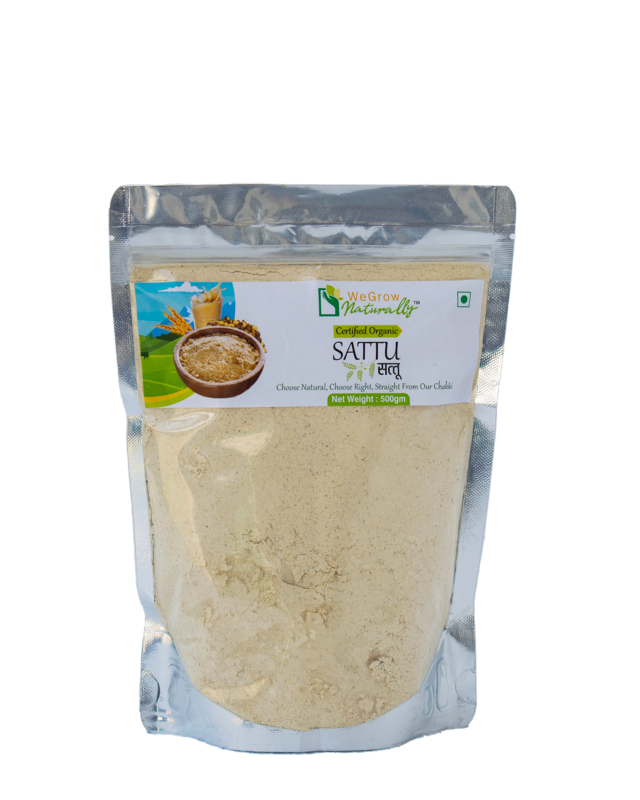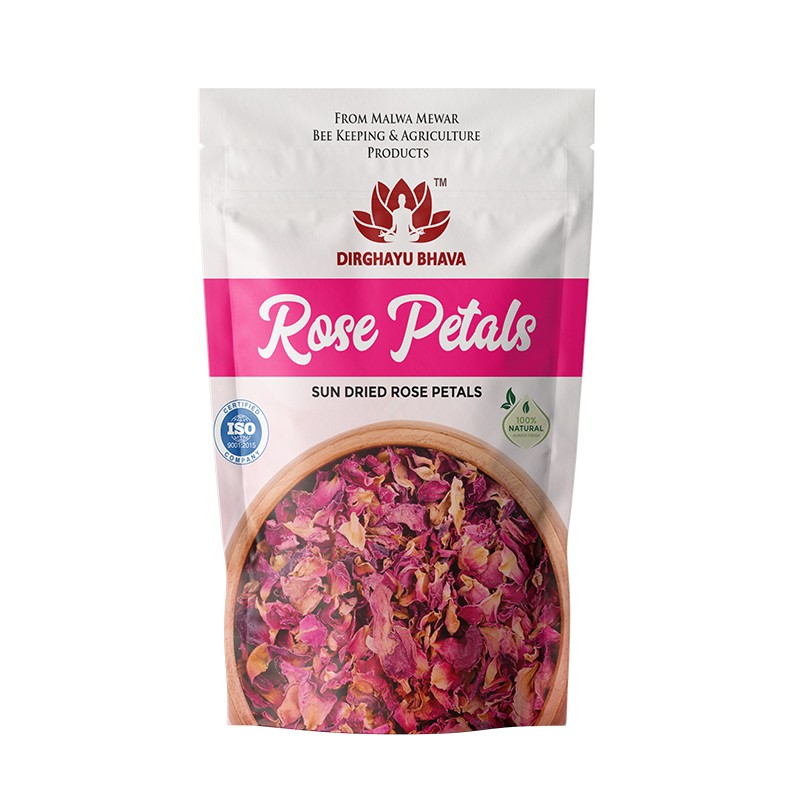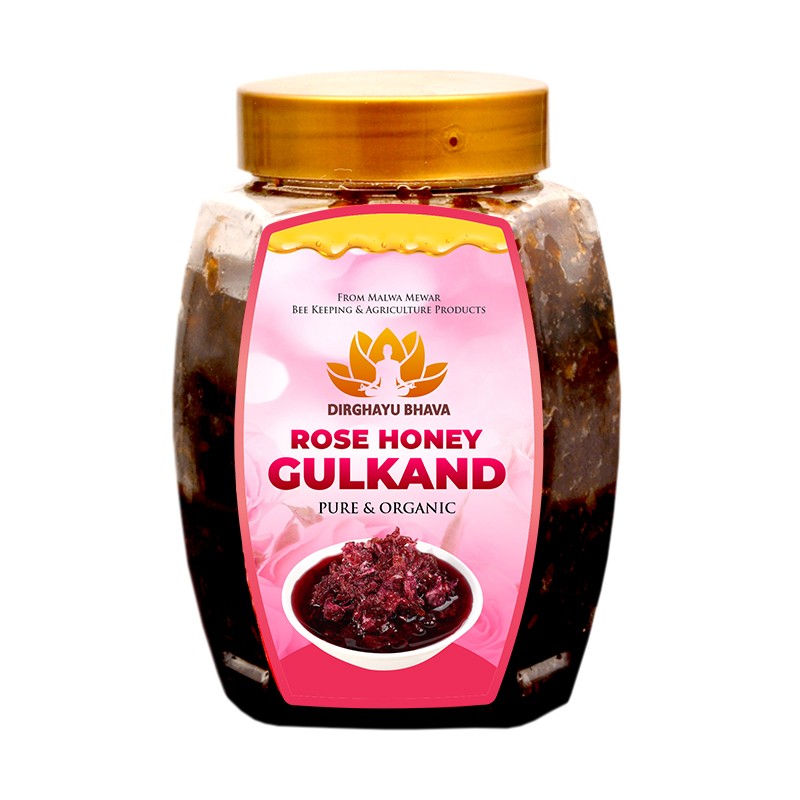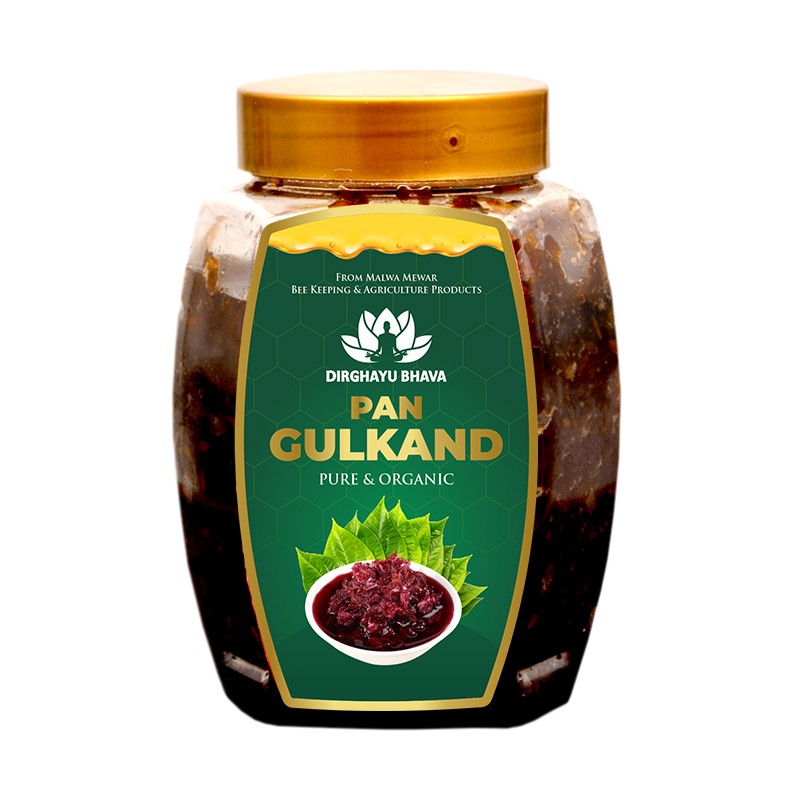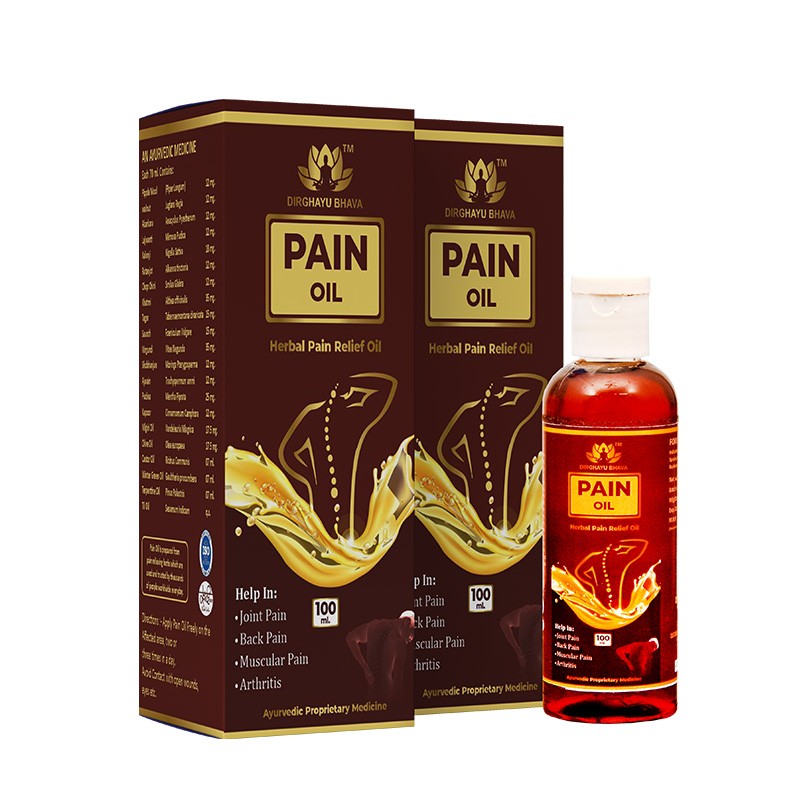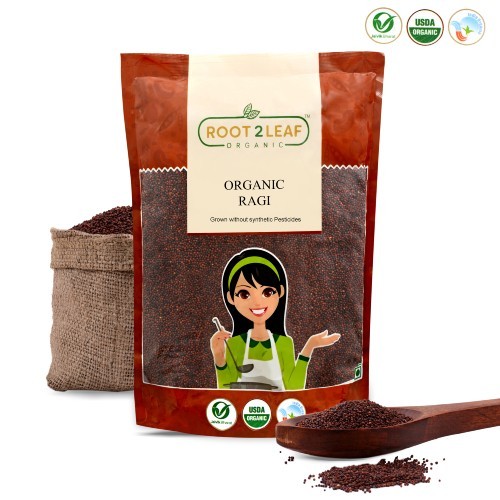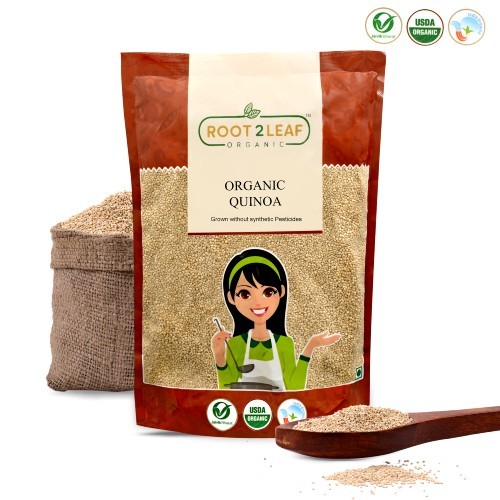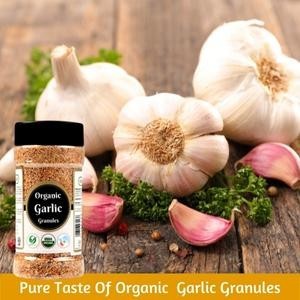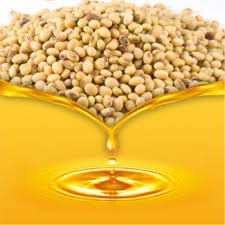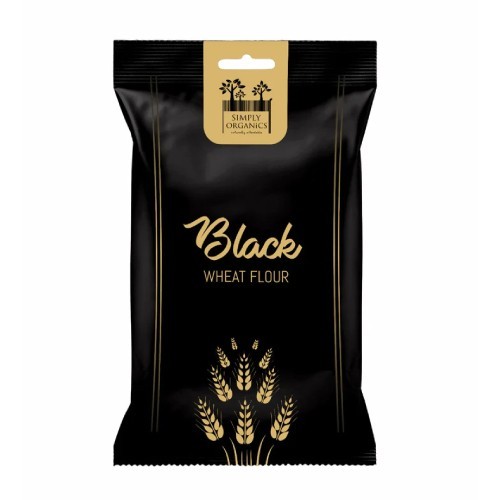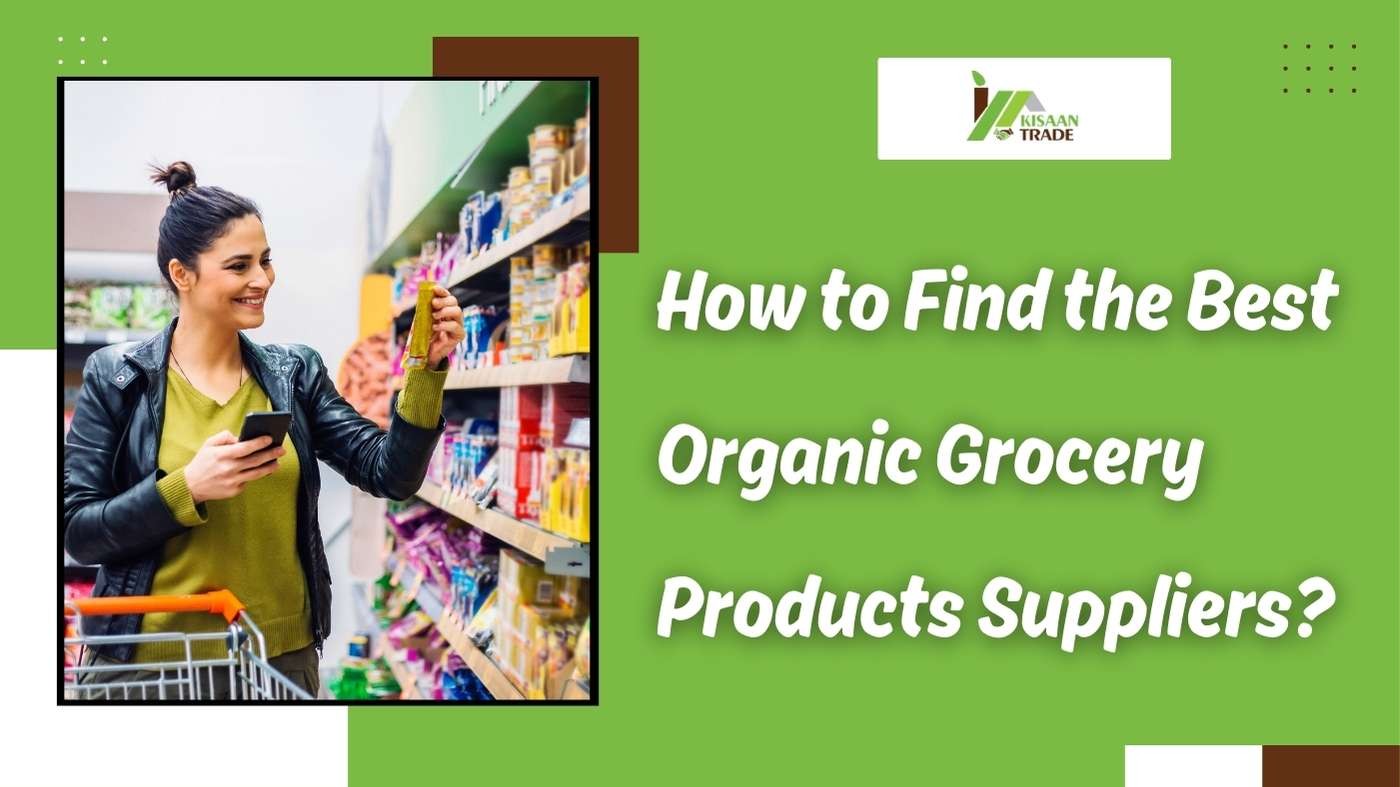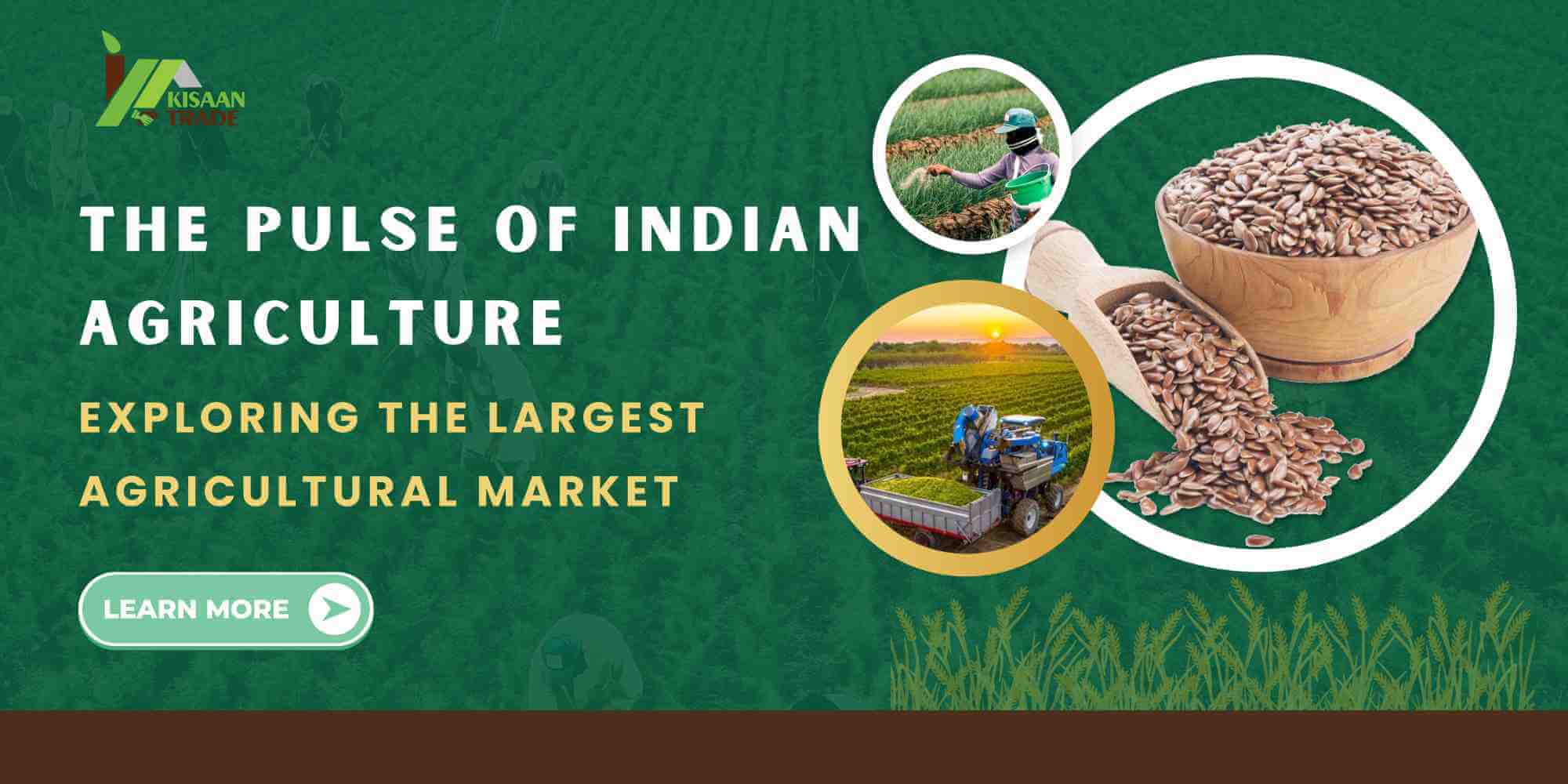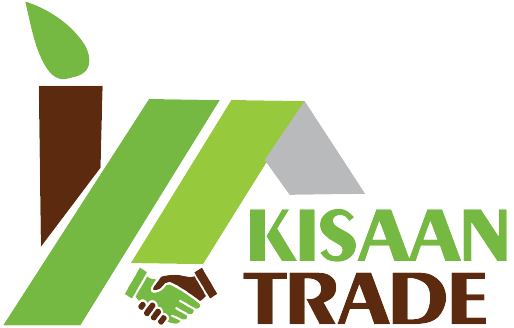What defines organic products, and how are they different from conventional products?
Organic products are characterized by their production methods, which prioritize natural and sustainable practices. Unlike conventional produce, organic produce is grown without synthetic pesticides, fertilizers, GMOs, or hormones. Organic farmers use techniques such as crop rotation, composting, and natural pest control to maintain soil health and biodiversity. This results in products that are not only free from harmful chemicals but also rich in nutrients and taste due to the nourished soil and natural farming methods.
What are the main benefits of choosing organic products?
There are many benefits to choosing or opting for organic products. Firstly, they are a healthier option as they contain less harmful chemicals and pesticides, which can harm human health. Organic farming practices prioritize environmental sustainability by reducing pollution, conserving water, and promoting soil fertility. Organic standards prioritize animal welfare, ensuring that animals are treated humanely and have access to natural habitats and food.
How do organic producers contribute to humanity's future?
Organic producers are important in promoting a more sustainable future by adopting environmentally friendly farming practices. These include avoiding synthetic inputs, promoting biodiversity and investing in renewable energy sources. By prioritizing soil health and ecosystem balance, organic producers reduce environmental degradation and contribute to the long-term resilience of agricultural systems. Organic products will play a different role in the future of humans.
What role do organic directories play in connecting consumers to organic businesses?
Organic directories are valuable tools for consumers looking for organic products and businesses. They offer an extensive list of organic companies, making it easy for consumers to find products that align with their values. These directories often include reviews, ratings, and certifications, empowering consumers to make informed purchasing decisions and support businesses committed to organic principles.
How do organic suppliers and manufacturers ensure the quality and integrity of their products?
Organic suppliers and manufacturers follow strict organic standards and certifications to ensure the authenticity of their products. They prioritize transparency and traceability throughout the supply chain, from sourcing organic ingredients to production processes. Quality control measures, such as testing for contaminants and monitoring production, maintain the integrity of organic products and maintain consumer confidence.
What factors should consumers consider when choosing organic products and companies?
When selecting organic products and companies, consumers should consider factors such as certification, transparency, community impact, and personal values. Certification ensures that products meet organic standards, while transparency allows consumers to understand sourcing practices and production methods. Supporting companies that prioritize fair labour practices, community engagement, and social responsibility is in line with ethical consumption.
